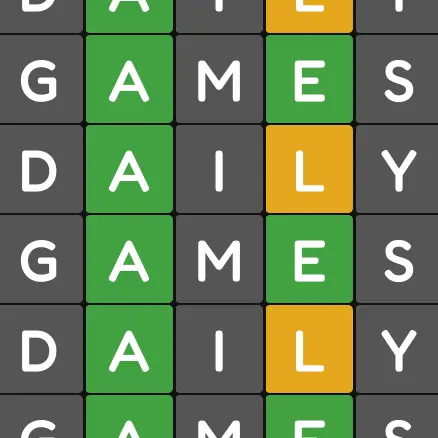The professor tried to warn us about robosexuals but we didn’t listen.
- 31 Posts
- 228 Comments
Connections
Puzzle #758
🟦🟦🟦🟦
🟨🟨🟨🟨
🟩🟪🟪🟩
🟪🟩🟪🟩
🟩🟪🟩🟩
🟩🟩🟩🟩
🟪🟪🟪🟪Tap for spoiler
I do not play sports, and it shows
I especially love the feeling when you’re so fatigued from lack of sleep that you’re too tired to sleep.
Guns ‘N Roses - Welcome to the Jungle. I don’t like GNR full stop, but the radio station I used to wake up to on the alarm clock would play that song at exactly the same time everyday.
Couldn’t understand why I used to wake up angry every morning until I changed stations.
Thanks, I’ll take a look at it.
Are there any dirt or rally tracks in the base game?

 4·22 天前
4·22 天前I did the same when I rebuilt with a 9800x3d. It’s so nice not having to worry about the pump or aging parts that might leak. No gurgling sounds on startup.
I used the Thermalright Frost Spirit 140 as it was quite a bit cheaper than Noctua which used to be my go to.
Have you tried unscrewing the mobo from the case and reseating it? Doesn’t happen so often nowadays, but if it’s too tight (or you’ve forgotten to use standoffs) there can be short that stops it from booting.

 47·1 个月前
47·1 个月前Cabinet heads are hiring back employees who were dismissed during the mass purge
Hopefully they get to keep any redundancy payouts AND come back on higher wages. After all, if they’re being hired back then it shows their role was critical.
In the immortal words of Good Charlotte:
They’re always complaining, always complaining. If money is such a problem, well they got mansions, think we should rob them.
Though ironically the Madden brothers ended up marrying rich.
New Zealand music month is great for getting out and seeing local bands play.

 752·2 个月前
752·2 个月前What all this does is accelerate the day when AI becomes worthless.
It was always worthless. Or, at least, it was always worthless thinking that LLMs were a substitute for reasoning AI, which is what it appears many people have been suckered into.
6 has unintended consequences. Always happy? At a funeral for a loved one? No thanks, I want to feel their passing properly.
I’d be fine with just 2. Possibly not good for the heart, pancreas, or liver though.
Yeah that’s a fair criticism. I can see how it would be polarising. Personally, I don’t mind a bit of slap and tickle in books and I think it thematically fits the hyper-individualist universes in each series.
Megan O’Keefe’s Protectorate Trilogy is a fun read that reminds me a bit of Hamilton’s writing without all the sex.
Just need to misidentify a suspected bomber and we’re on the home stretch to mainstream popularity.

 4·2 个月前
4·2 个月前Positive research papers on trickle down economics are always printed on yellow paper for this very reason.
And the specific text under the Culture entry said
All are set in a galaxy-spanning, far-future anarchist and atheist society
Sorry about that. Don’t worry it’s not central to the plot.























I’m anti-general purpose LLMs, but this is a valid use case for “ai”. There are known constraints, the model is trained on a very specific dataset, and you have have human experts in the loop for assurance.
This also isn’t new. Protein folding models have been successfully used, and validated, for a number of years.